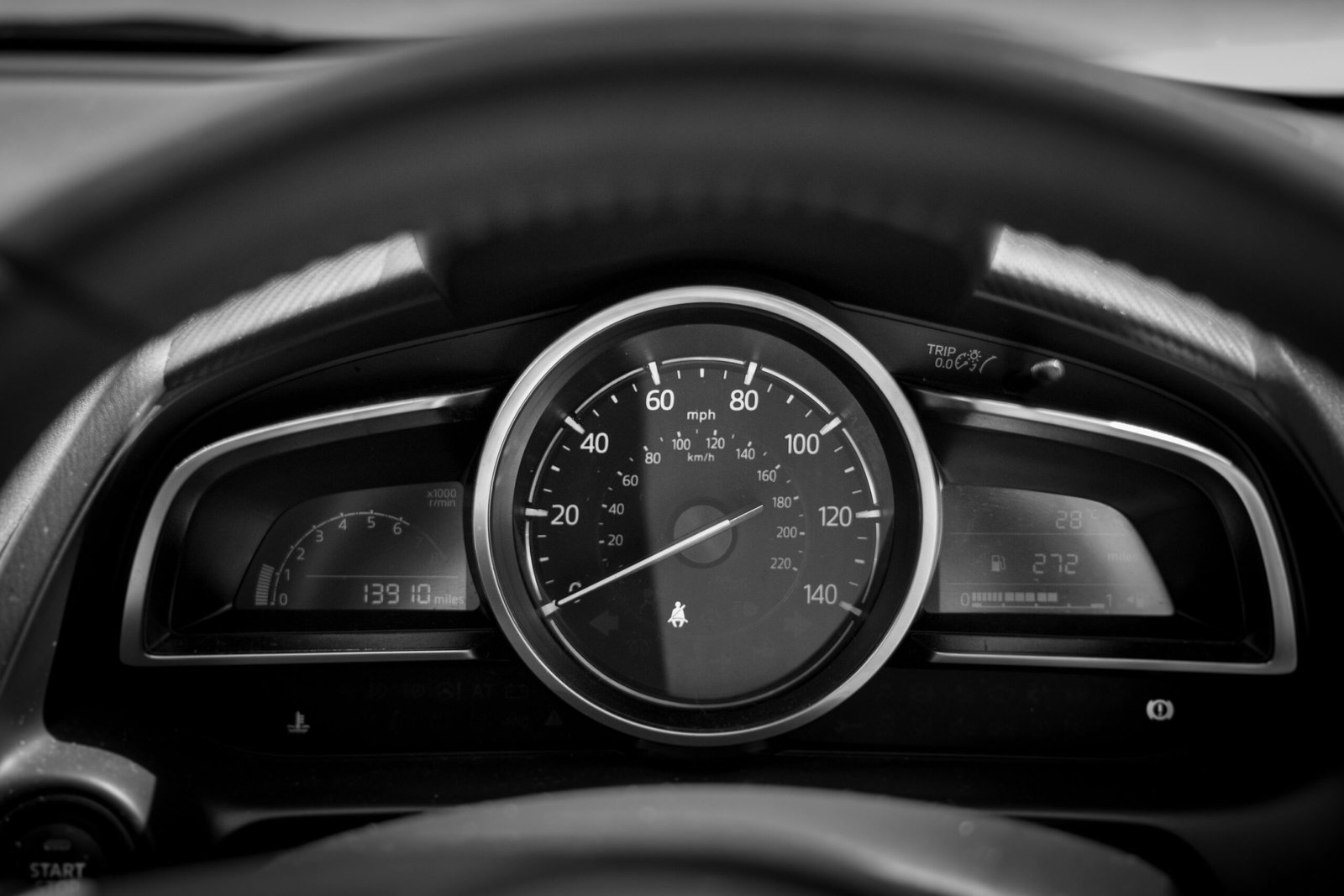
Are you planning an exciting road trip in a motorhome? One of the essential factors to consider is the gas mileage of your motorhome. Knowing the fuel efficiency of your vehicle can help you plan your journey better, manage your budget, and make environmentally conscious decisions. In this article, we will guide you on how to calculate and optimize the gas mileage of your motorhome.
Why Calculate Gas Mileage?
Calculating your motorhome’s gas mileage is crucial for several reasons. Firstly, it helps you estimate your fuel costs accurately. By knowing how many miles you can travel per gallon of gas, you can plan your budget accordingly. Secondly, it allows you to compare the fuel efficiency of different motorhomes before making a purchase. Lastly, monitoring your gas mileage helps you identify any potential issues with your vehicle’s performance or maintenance.
How to Calculate Gas Mileage
To calculate the gas mileage of your motorhome, follow these simple steps:
- Fill up your motorhome’s gas tank completely.
- Reset your trip odometer or note down the current mileage.
- Drive your motorhome for a reasonable distance, preferably on a highway or similar conditions.
- Refill your gas tank to the same level as before.
- Note down the number of gallons it took to refill the tank.
- Calculate your gas mileage using the following formula:
Gas Mileage = (Miles Driven) / (Gallons Used)
For example, if you drove 200 miles and it took 10 gallons to refill your tank, your gas mileage would be 20 miles per gallon (MPG).
Tips to Improve Motorhome Gas Mileage
While calculating your motorhome’s gas mileage is essential, there are several ways to optimize it and improve fuel efficiency:
- Maintain Proper Tire Pressure: Underinflated tires can increase fuel consumption. Regularly check and maintain the recommended tire pressure.
- Reduce Weight: Remove any unnecessary items from your motorhome to reduce its weight. Extra weight can decrease fuel efficiency.
- Drive Smoothly: Avoid sudden accelerations and heavy braking. Smooth driving can help conserve fuel.
- Use Cruise Control: Utilize cruise control on highways to maintain a consistent speed and reduce fuel consumption.
- Avoid Excessive Idling: Turn off your engine when parked or waiting for extended periods. Idling consumes fuel unnecessarily.
- Plan Efficient Routes: Choose routes with fewer traffic jams and smoother terrains to avoid unnecessary stops and starts.
Considerations for Motorhome Gas Mileage
It’s important to remember that motorhomes are larger and heavier than regular vehicles, which can affect their gas mileage. Factors such as wind resistance, terrain, and driving habits can also impact fuel efficiency. Additionally, motorhomes with larger engines or towing capabilities may have lower gas mileage compared to smaller models.
Furthermore, using the right type of fuel and performing regular maintenance, such as oil changes and air filter replacements, can contribute to better gas mileage. Consult your motorhome’s manufacturer guidelines or a trusted mechanic for specific recommendations.
Conclusion
Understanding and optimizing the gas mileage of your motorhome is essential for a successful and cost-effective road trip. By calculating your vehicle’s fuel efficiency and implementing fuel-saving tips, you can enjoy your journey while minimizing expenses and reducing your carbon footprint. Safe travels!
